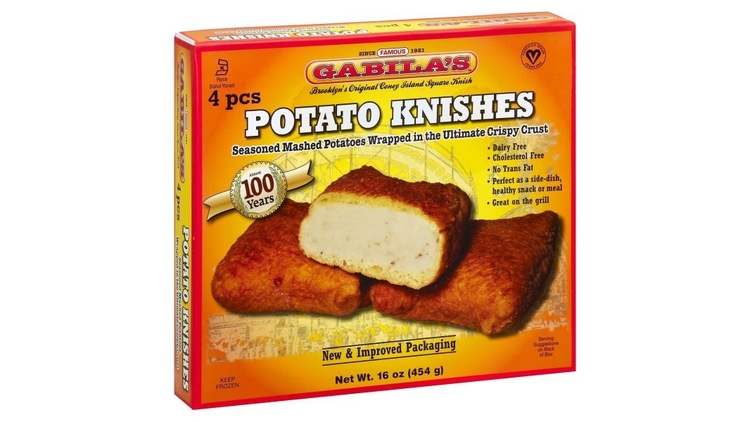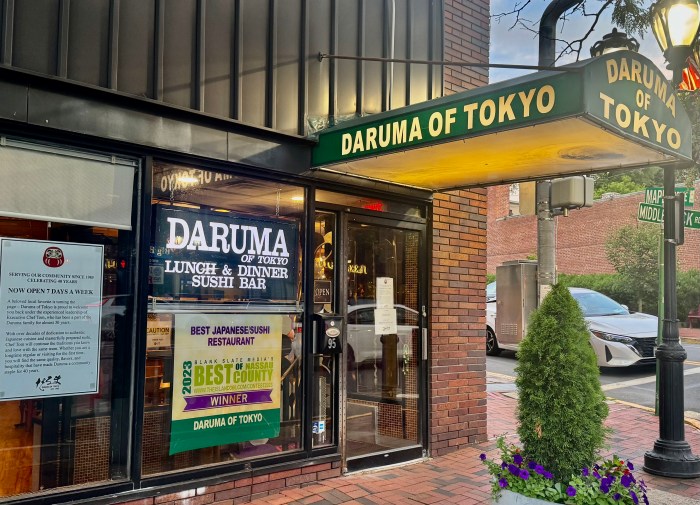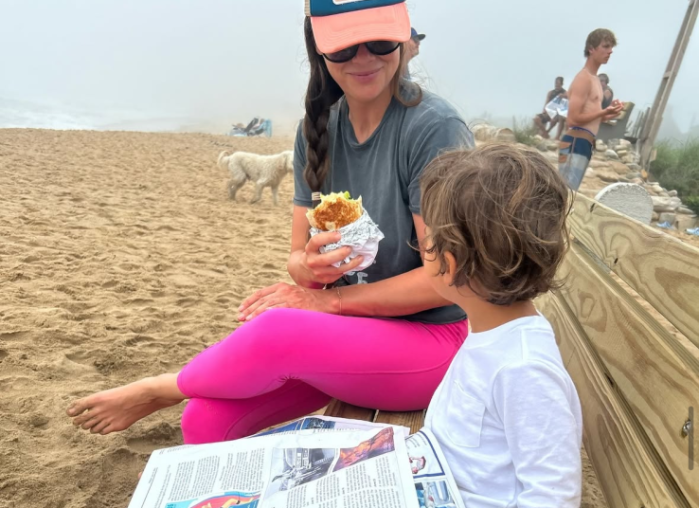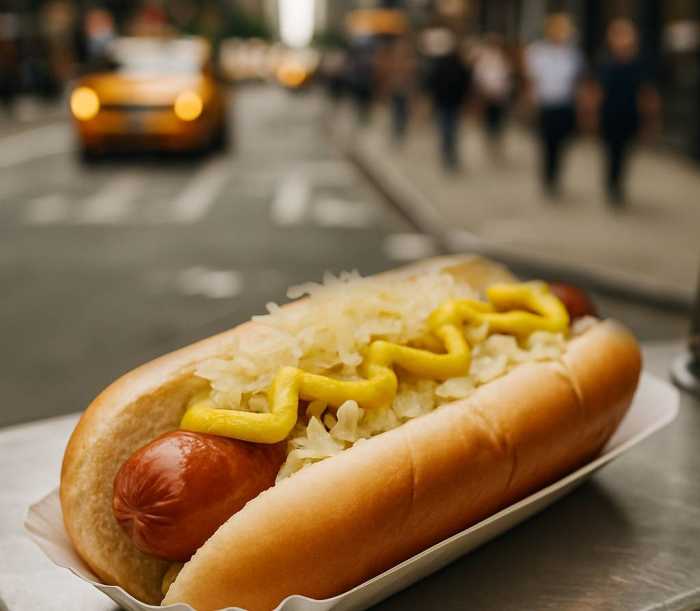When the Gabay family decided to go into business in 1921, they didn’t name their company after themselves.
“They looked in the phone book for a name similar to Gabay,” says Stacey Ziskin Gabay, general counsel for Gabila Food Products. “They wanted to be sure the company was successful and didn’t want to name it after them, if it wasn’t. Luckily, it was.”
Ninety-eight years later, Gabila’s is led by the Gabay family’s fourth generation and is a sort of king of the knish, supplying more than 1 billion of these items — about 15 million annually.
CBS New York dubbed knishes made by the company, which moved from Brooklyn to Copiague in 2006, among the top 10 iconic New York foods. Gabila, led by Elliott Gabay, boasts being a Brooklyn tradition and a Long Island business.
“These items are a huge part of the holiday,” Ziskin Gabay adds of the Jewish high holidays this time of year. “The stores stock up on knishes, pancakes, blintzes, puddings, and souffles.”
Elia and Bella Gabay emigrated from a town called “Niš,” pronounced “Nish” in Yugoslavia in 1919 and launched Gabila’s in 1921, making “Brooklyn’s Original Coney Island Square Knish” in their kitchen on Manhattan’s Lower East Side. Bella cooked and Elia sold knishes on a pushcart. They opened a factory in 1928 in Williamsburg, Brooklyn.
“The main item is still the same, original recipe,” Ziskin Gabay says. “It’s like a piece of nostalgia.”
The company’s flagship product remains its lightly seasoned, fried Coney Island square potato knish, although it makes about 100 items, including baked round knishes, pancakes, souffles, blintzes, matzoh balls, and other products.
“We add products periodically. Knock on wood, the company’s doing well. It is adapting,” Ziskin Gabay concludes. “The older generations introduce the new ones to our product. Even though it’s more of a traditional item, it seems to find its way in the modern world.”
After a fire six years ago, the company stopped making its flagship knishes for roughly half a year.
“We continued to operate and sell other items,” Ziskin Gabay adds. “A lot of our clients came out and supported us. We learned how loyal our customers were.”





























